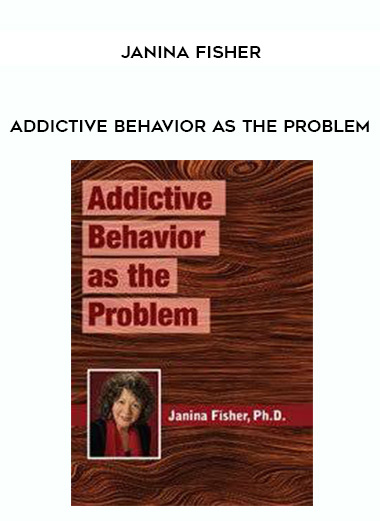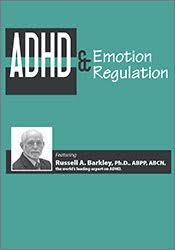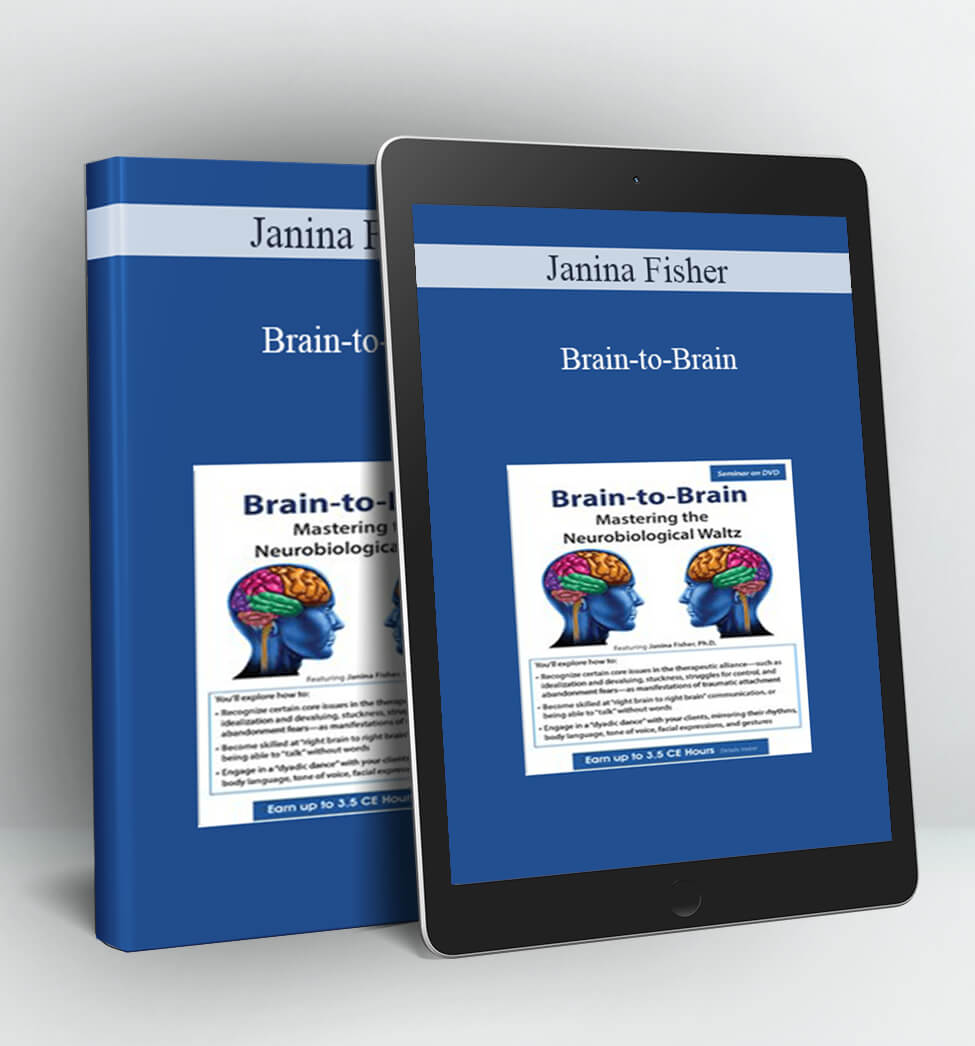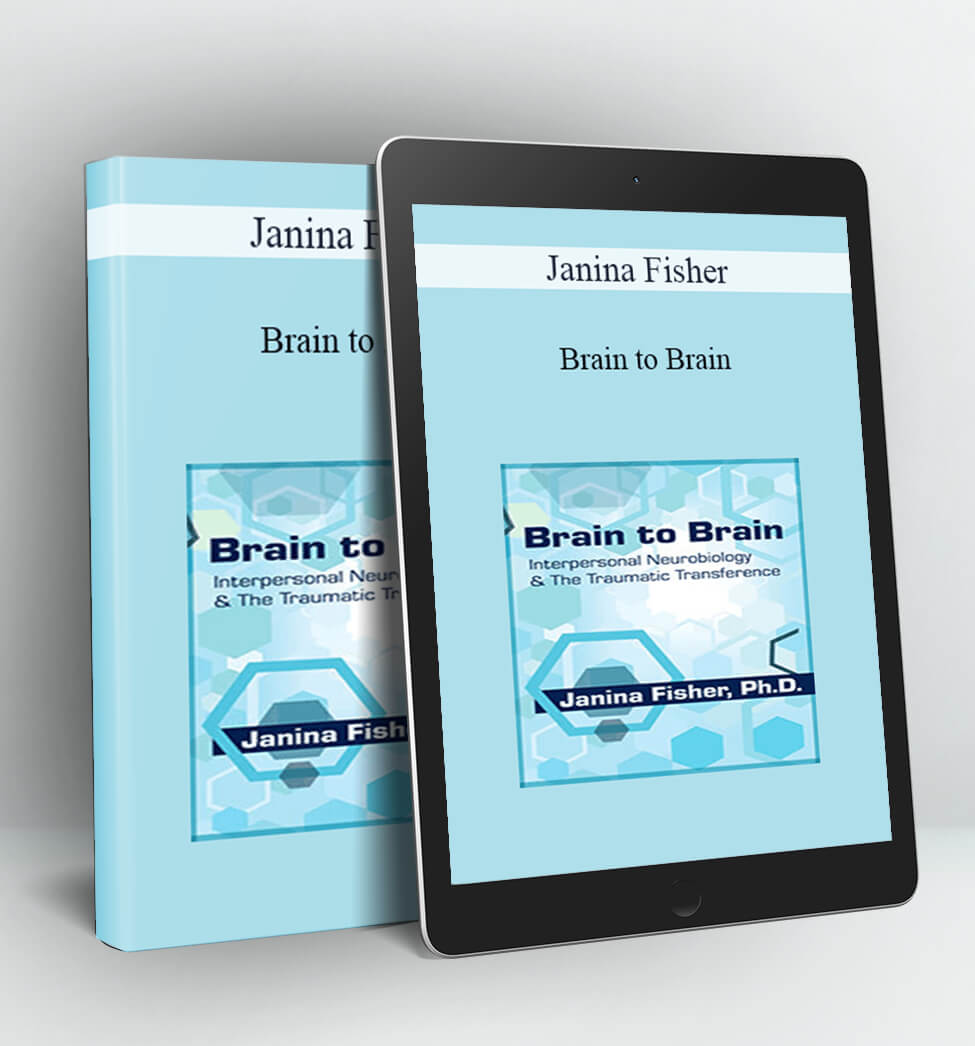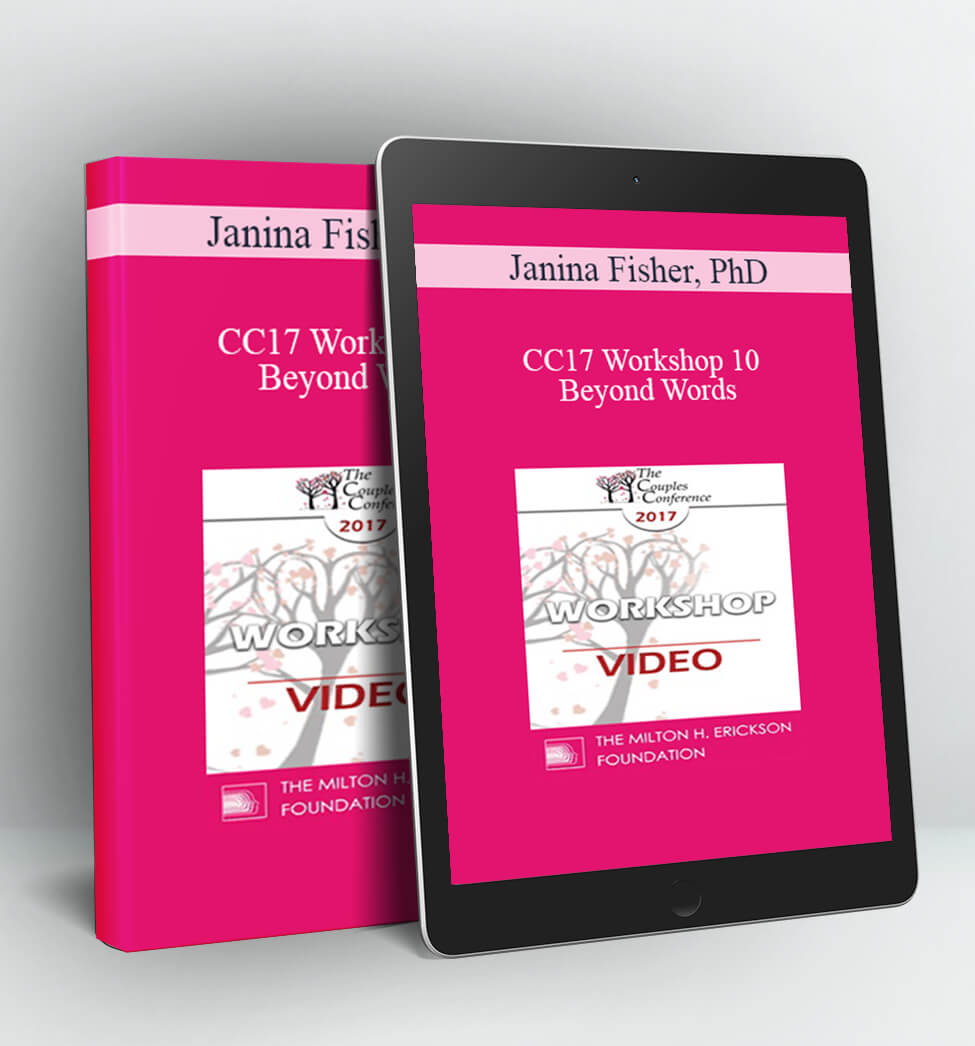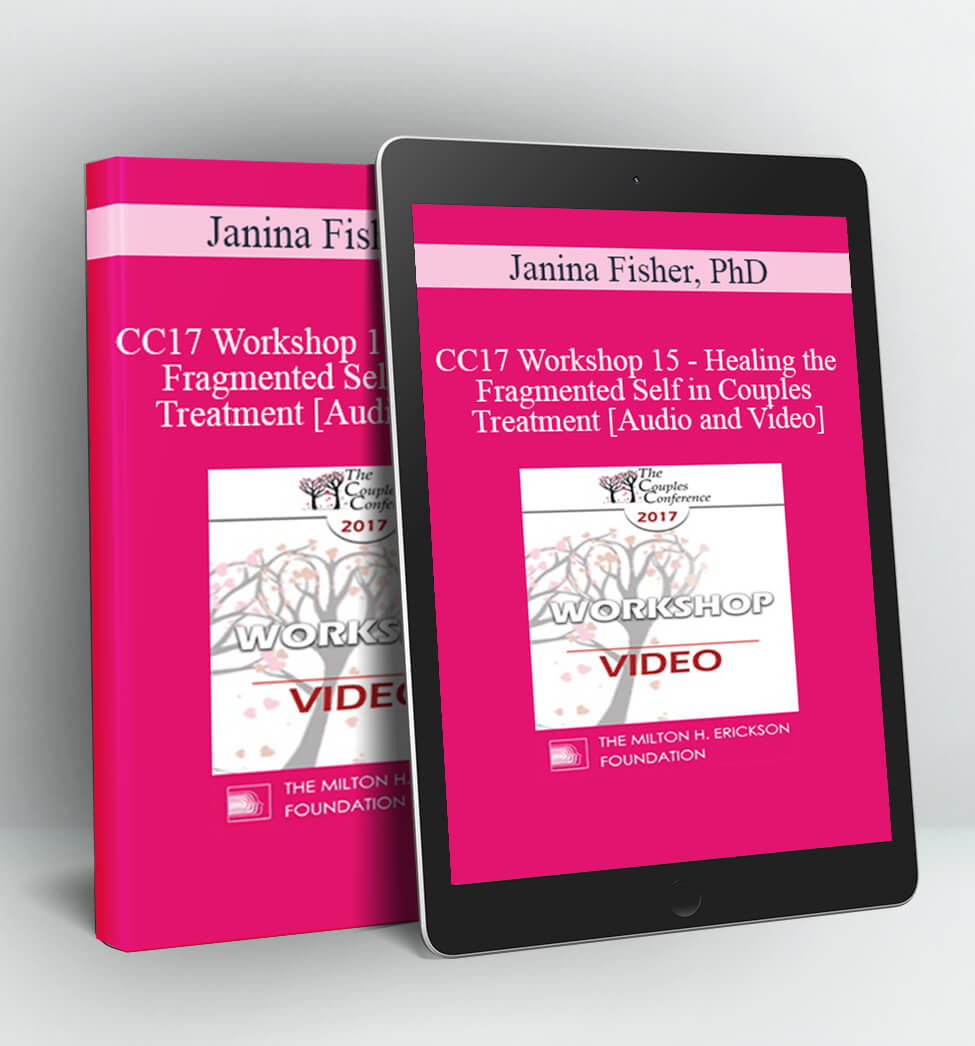Addictive Behavior as the Problem – Janina Fisher
It’s no secret that many therapists consider the field of addictions treatment to be dangerous foreign territory with its own special language and methods. But increasingly, therapists and substance abuse professionals alike have begun to recognize the connection between addictive behavior and traumatic life experience. In this workshop we’ll present an approach to addictive behavior that:
- Focuses on the interactive relationship between the underlying trauma symptoms and the impulse to “use” to regulate unbearable feelings and sensations
- Provides a meaning-making component that lessens shame and offers inspiration to live a “life beyond trauma”
- Integrates Sensorimotor Psychotherapy techniques that teach clients how to regulate their nervous systems, decrease anxiety, tolerate sadness and loneliness, and ground themselves both physically and emotionally
- Engages the client’s right brain through drawing, diagramming, movement and gesture, as well as utilizing traditional cognitive interventions
- Utilize clinical strategies to alleviate symptoms of shame in clients.
- Integrate Sensorimotor Psychotherapy interventions that teach clients how to regulate their nervous systems and alleviate symptoms of anxiety.
- Analyze the efficacy of cognitive interventions to improve treatment outcomes.
Introduction to co-existence of substance abuse and mental health issues within clients
- Introduction to trauma and addications in clients
- Introduction to trauma’ impact on children
Experiencing Sensorimotor Psychotherapy with trauma
- Helping Clients Reduce Their Shame
- In-depth overview of Sensorimotor Psychotherapy

